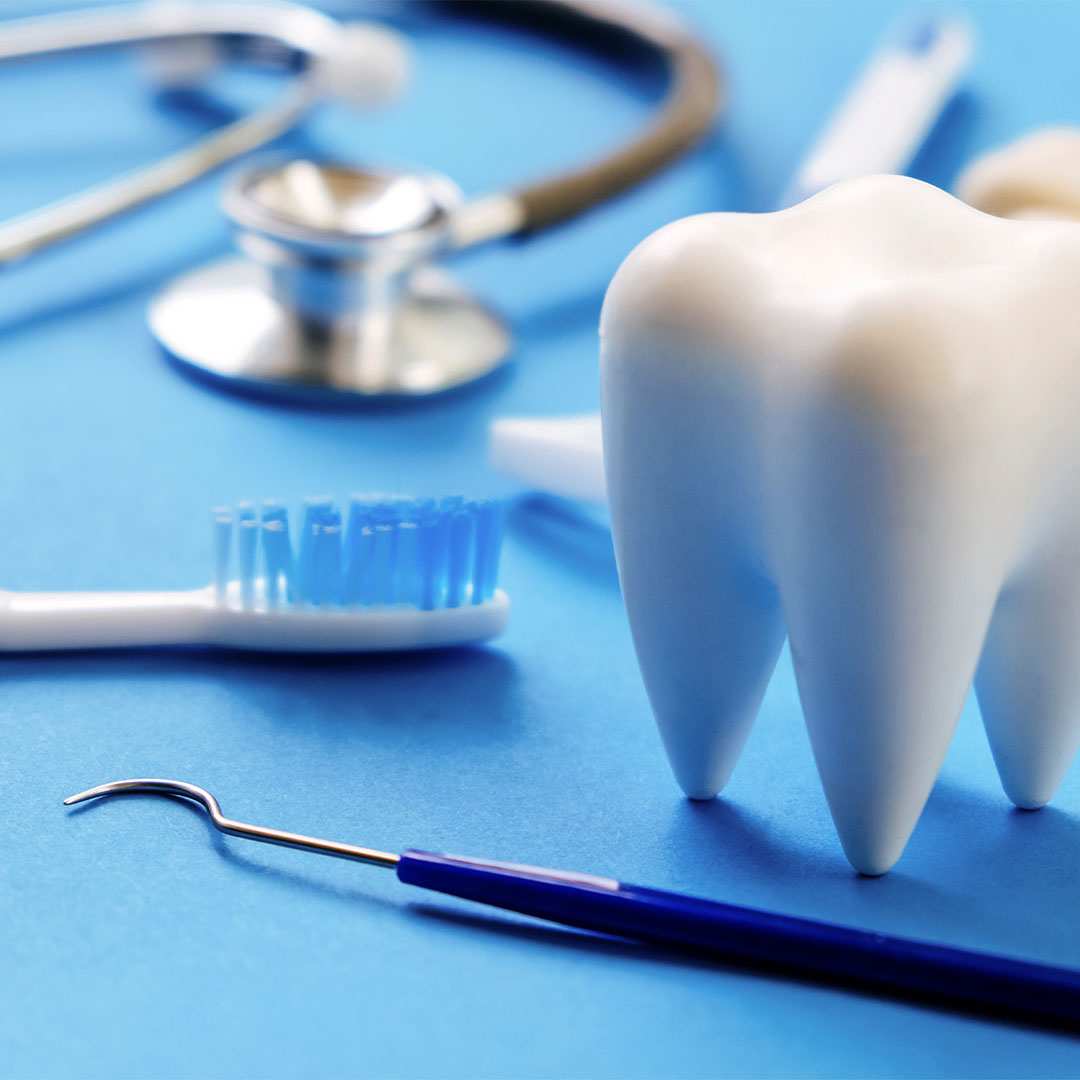Women’s Health Week (May 12th – 18th, 2024) is an annual observance that serves as a reminder of the importance of prioritizing self-care and wellness for women of all ages. From physical health to mental well-being, it’s essential for women to take proactive steps to care for themselves and prioritize their overall health. As we celebrate Women’s Health Week, let’s empower women to take proactive steps toward optimal health and well-being, ensuring a brighter and healthier future for generations to come.
Understanding Women’s Health Week
Women’s Health Week, typically observed in May, is a week-long celebration dedicated to raising awareness about women’s health issues and empowering women to make informed decisions about their health and wellness. The week serves as a platform to highlight the unique health challenges faced by women and promote preventive measures and healthy lifestyle choices.
Prioritizing Physical Health
Physical health forms the foundation of overall well-being, and it’s essential for women to prioritize their physical health through regular exercise, nutritious eating, and preventive screenings. Engaging in regular physical activity, whether it’s through cardio exercises, strength training, yoga, or outdoor activities, helps improve cardiovascular health, boost mood, and reduce the risk of chronic diseases such as heart disease, diabetes, and certain cancers.
A balanced and nutritious diet is equally important for maintaining optimal health. Women should strive to consume a variety of fruits, vegetables, whole grains, lean proteins, and healthy fats to fuel their bodies with essential nutrients and support overall vitality. Additionally, staying hydrated by drinking an adequate amount of water throughout the day is crucial for maintaining proper bodily functions and promoting healthy digestion.
Regular health screenings and check-ups are essential for early detection and prevention of potential health issues. Women should schedule routine appointments with their healthcare providers for screenings such as mammograms, Pap smears, bone density tests, blood pressure checks, and cholesterol screenings. These preventive measures can help detect health problems early when they are most treatable and improve outcomes.
Nurturing Mental and Emotional Well-Being
In addition to physical health, it’s vital for women to prioritize their mental and emotional well-being. Balancing the demands of work, family, and personal life can sometimes be overwhelming, leading to stress, anxiety, and burnout. Taking time for self-care and stress management is essential for maintaining mental wellness.
Practicing mindfulness and relaxation techniques, such as meditation, deep breathing exercises, and progressive muscle relaxation, can help reduce stress levels and promote a sense of calm and tranquility. Engaging in hobbies, creative pursuits, and activities that bring joy and fulfillment can also help alleviate stress and improve overall mood.
Building a strong support network of family, friends, and trusted confidants is crucial for emotional well-being. Having someone to lean on during challenging times, share experiences with, and offer encouragement and support can make a significant difference in women’s mental health.
Addressing Reproductive Health Needs
Reproductive health is an integral aspect of women’s overall health and well-being. Women should be proactive about their reproductive health by staying informed about contraception options, menstrual health, and fertility awareness. It’s essential to have open and honest conversations with healthcare providers about reproductive health concerns, family planning goals, and any symptoms or issues related to the reproductive system.
Routine gynecological exams and screenings, including pelvic exams and breast exams, are essential for monitoring reproductive health and detecting any abnormalities or potential concerns. Women should also be proactive about scheduling regular visits to their healthcare provider for discussions about contraception, sexually transmitted infection (STI) testing, and any reproductive health questions or concerns.
Embracing Healthy Aging
As women age, it’s essential to embrace healthy aging practices and adapt self-care routines to meet changing needs. Maintaining mobility and independence through regular exercise, strength training, and balance exercises is crucial for healthy aging and preventing falls and injuries.
Prioritizing bone health by consuming adequate calcium and vitamin D, participating in weight-bearing exercises, and undergoing regular bone density screenings can help prevent osteoporosis and reduce the risk of fractures.
Embracing mental stimulation and social engagement through lifelong learning, hobbies, and social activities can also contribute to healthy aging and overall well-being. Cultivating meaningful relationships, staying connected with loved ones, and engaging in fulfilling activities can enhance quality of life and promote a sense of purpose and fulfillment.









